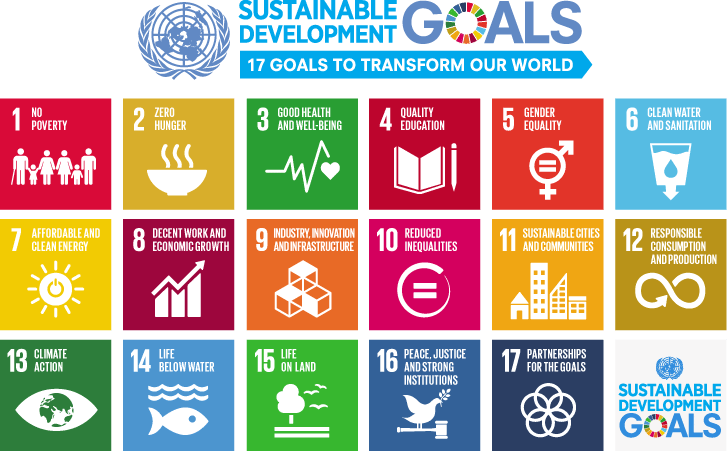Sustainable development is a concept that aims to meet the needs of the present without compromising the ability of future generations to meet their own needs. It is a framework for balancing economic growth, social well-being, and environmental protection.
One of the key principles of sustainable development is the idea of the “triple bottom line” which considers economic, social, and environmental aspects of development. The economic aspect focuses on ensuring that economic growth is inclusive and benefits all members of society, especially the most vulnerable. The social aspect focuses on ensuring that development is equitable and addresses the needs of all members of society, including marginalized groups such as women, children, and indigenous peoples. The environmental aspect focuses on ensuring that development is sustainable and does not deplete natural resources or cause irreparable harm to the planet’s ecosystems.
Sustainable development is often associated with the 17 Sustainable Development Goals (SDGs) adopted by the United Nations in 2015.
- No Poverty
- Zero Hunger
- Good Health and Well-being
- Quality Education
- Gender Equality
- Clean Water and Sanitation
- Affordable and Clean Energy
- Decent Work and Economic Growth
- Industry, Innovation, and Infrastructure
- Reduced Inequalities
- Sustainable Cities and Communities
- Responsible Consumption and Production
- Climate Action
- Life Below Water
- Life On Land
- Peace, Justice, and Strong Institutions
- Partnerships for the Goals
Sustainable development also involves the concept of “green growth” which is about achieving economic growth while reducing environmental impact. This includes using natural resources efficiently, investing in renewable energy, and promoting low-carbon technologies.
Another important aspect of sustainable development is the idea of “integrated sustainable development planning” which looks at all aspects of development in an integrated way. This means that economic, social, and environmental considerations are taken into account when making decisions about development projects.
The implementation of sustainable development requires the involvement of all sectors of society, including government, the private sector, civil society, and individuals. Everyone has a role to play in achieving sustainable development, from policymakers and business leaders to everyday citizens.
In conclusion, sustainable development is a holistic approach to development that aims to meet the needs of the present without compromising the ability of future generations to meet their own needs. It involves balancing economic growth, social well-being, and environmental protection and requires the involvement of all sectors of society. The United Nations’ Sustainable Development Goals provide a framework for guiding sustainable development efforts at the global level.










